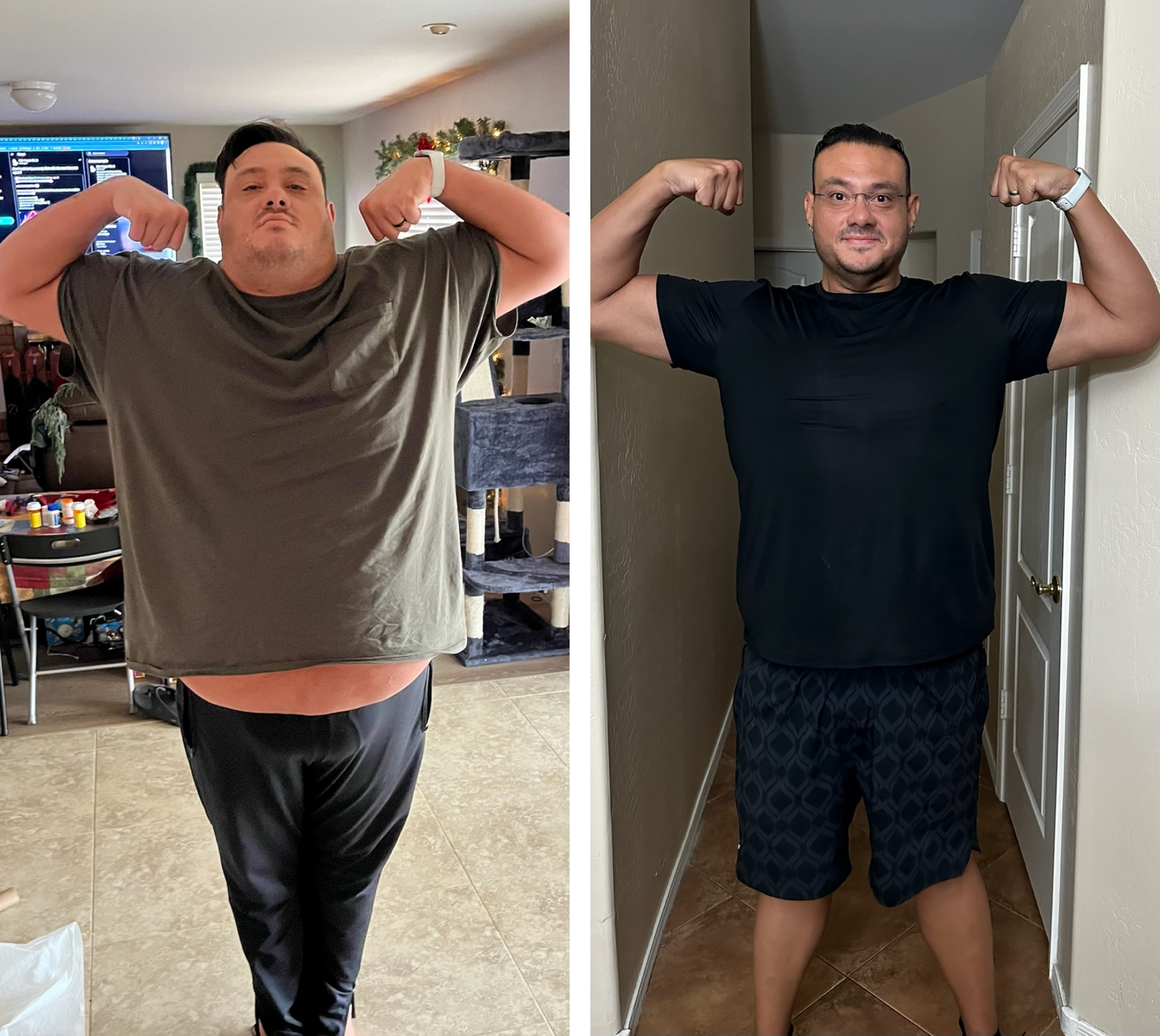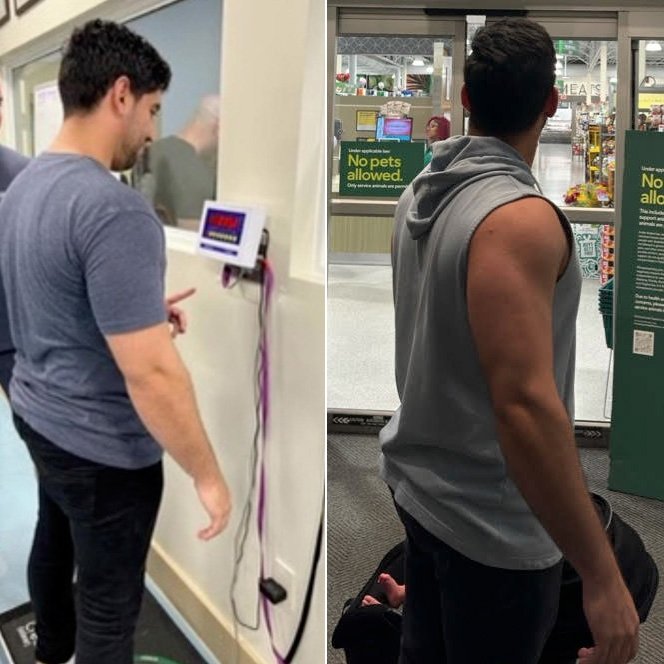Testosterone is an androgen hormone responsible for developing and maintaining many cellular processes and biological functions in the male anatomy. For many men in their 30s and 40s, testosterone will eventually start to decline and gradually decrease as they get older. However, when their testosterone levels fall below the normal parameters for their age, the hormone imbalance can cause them to exhibit several symptoms, such as unexplained weight gain, muscle weakness, joint inflammation, low sex drive, and fatigue. This testosterone deficiency is commonly referred to as low testosterone.
If untreated, low testosterone can become the root cause of more serious conditions such as obesity, sarcopenia, osteoporosis, and erectile dysfunction. To help your body maintain normal testosterone levels, your healthcare provider may suggest testosterone replacement therapy to help boost your testosterone to normal standards. However, for some men, TRT isn’t always the best solution.
Although TRT has been known to produce positive results, the treatment may not always be a good fit for every patient. In some cases, men may start TRT and realize midway through treatment that certain side effects are too uncomfortable for them to continue. In other instances, some men may feel that committing to the medicated regimen requires more effort than they originally assumed and wish to stop after a few months of treatment.
Even if men proceed with TRT, some believe they can simply stop treatment after correcting their hormone imbalance and achieving normal testosterone levels. Unfortunately, that’s not necessarily true. It’s important to remember that once you start TRT, you will likely need to rely on the treatment for the rest of your life to maintain your testosterone levels. If you decide to stop treatment at any time, your body will revert to its previous state, and your symptoms will return. Of course, if you feel more comfortable without TRT and wish to cease treatment, that is ultimately your decision. However, as with other medications, ending TRT treatment can also cause several unwanted side effects if not done correctly. So before you finally give up on TRT, it’s wise to consult with your physician to understand the risks of stopping your therapy and learn how to properly transition from treatment to avoid further complications.

Are There Side Effects of Stopping Testosterone Cold Turkey?
Once you’ve been on TRT for a while, your body will start to rely on the treatment for its testosterone production. However, if you abruptly cease your testosterone treatments, your body is left with a sudden lack of testosterone that can reverse the progress and cause your low testosterone symptoms to return. Thus, the recurrence of hormone imbalance can lead to several issues with Low T, including:
- Loss of muscle mass
- Increased body fat
- Low sex drive
- Decreased energy levels
The likelihood and severity of these symptoms will all depend on how long you’ve been on treatment. Men who undergo TRT as a short-term treatment will usually experience fewer symptoms than other patients who have been on TRT for a longer period of time. However, men who stop using TRT after long-term use will also experience withdrawal along with their Low T symptoms.
Feeling Run-Down?
Take the Low-T Quiz Today
Our men’s clinic can restore your physiology, change your body composition and optimize your health to slow down aging and prevent health complications caused by low testosterone.
Take back your life and become a better you today!
Testosterone Withdrawal Symptoms and How Long Do They Last?
In some cases, men on TRT may develop a dependency on testosterone after long-term treatment. So, once men suddenly cease their testosterone therapy, the abrupt shock to their system will cause a chemical imbalance that can lead to several withdrawal symptoms and affect their mood and mental health. Naturally, withdrawal symptoms may differ for each patient, depending on how long they were on treatment and the dosage level of their testosterone medication. However, men who began to experience testosterone withdrawals will usually exhibit common symptoms such as:
- Anxiety
- Headaches
- Depression
- Reduced cognitive thinking
- Changes in weight
The duration of your testosterone withdrawal symptoms will depend on several factors–your age, physiology, and the amount of testosterone prescribed during long term use. For most men, testosterone withdrawal may only last for a week or two after they’ve stopped testosterone replacement therapy. However, in other instances, men taking high doses of testosterone for longer periods may suffer withdrawal for months before their bodies can adjust to the new changes.
It’s highly advisable to consult with your physician if you’re considering discontinuing testosterone replacement therapy. They can help you wean off testosterone injections by adjusting your regimen and provide several recommendations to help your body get used to functioning without testosterone treatment.
How To Stop Testosterone Therapy Safely:
The most effective way to cease TRT and avoid testosterone withdrawal symptoms is to gradually decrease your testosterone medication during your treatment. Your physician will prescribe lower doses so your body can slowly taper off testosterone. Doing so will allow your body time to adjust so it can get used to relying on its own testosterone production and help reduce the severity of your testosterone withdrawals. As you’re tapering off testosterone, your physician may also recommend natural alternatives to increase your testosterone, such as zinc supplements, exercise, and specific diets, that can help prevent your testosterone levels from dropping too low as you end your testosterone replacement therapy.
At Renew Vitality, we specialize in testosterone replacement therapy for men struggling with low testosterone. Our experienced team of medical professionals combines safe and effective hormone medications with manageable wellness plans to create a comprehensive hormone replacement therapy that can help you restore your testosterone levels and improve your overall health. If you suspect you may be suffering from symptoms of low testosterone, please contact us at 1-866-995-2371 and schedule an appointment at any of our hormone replacement clinics in the United States to discuss possible treatment options.
























